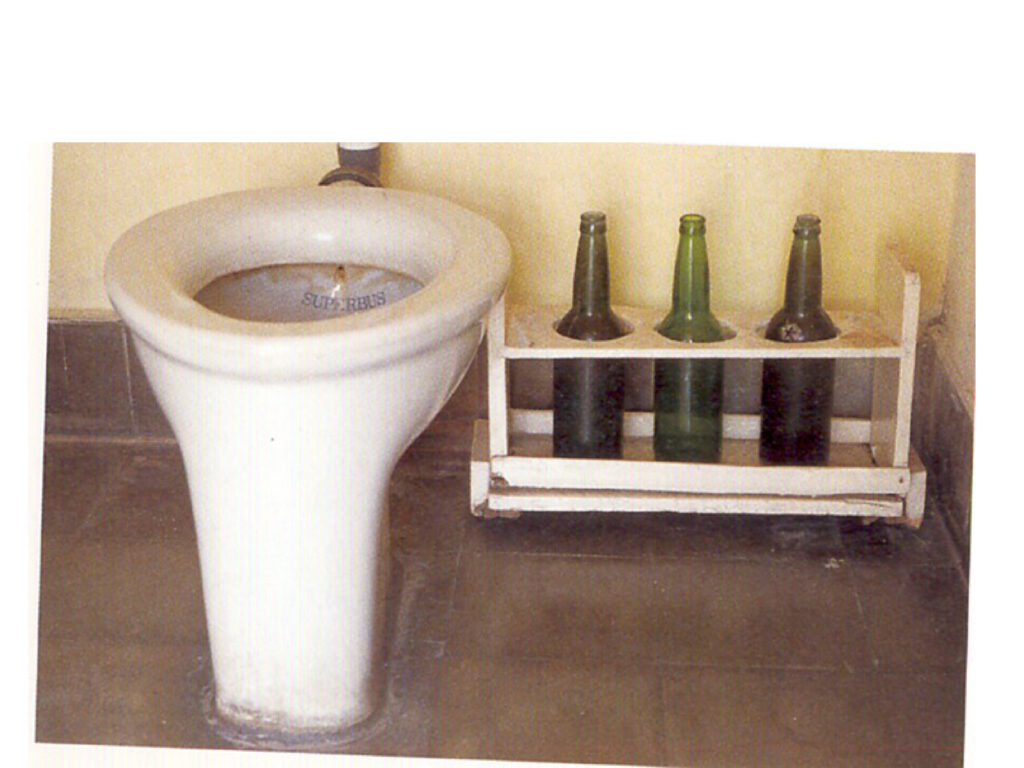
The real Indian feeling now. A Bottol cebok.
https://www.indischeschrijfschool.nl/een-indische-afkomst-mag-niemand-zich-toe-eigenen/
Ik begrijp, dat het artikel hierboven een bijdrage is in het kader van ‘schrijf, want maak van je hart geen moordkuil’. Een interessant onderwerp. Ik kijk er van op, dat de schrijver zich geremd voelt om zijn Indische verhaal te vertellen, omdat hij daarvoor niet ontvankelijk is in zijn omgeving. Als de woke beweging zich roert over het Nederlands koloniaal bewind in Voormalig Nederlands- Indië, dan hebben zij een punt. Maar het gaat hier over de Indische gemeenschap. Een gemeenschap, die is ontstaan door de door het bestuur gestimuleerde vermenging van de inlandse bevolking met Europeanen, met name Nederlanders, zoals ambtenaren in het bestuur naast militairen in het KNIL. Maar ook plantage eigenaren, die naast de pot piesten, zorgden voor gekleurde nakomelingen, bastaards. Indische Nederlanders die onder de geuzennaam Indo’s zijn te vangen. Al die Indo’s zijn terug te herleiden tot een lokale inlandse oermoeder, de Njai. Lees Reggie Baaij. Het gaat dus om die Indo’s, die drie eeuwen in de gordel van smaragd als hun moederland hebben gewoond, die later bij de Bersiap na het uitroepen van de onafhankelijkheid bij bosjes zijn gedood, die met hun weggestopte herinneringen zich hebben geassimileerd onder de Nederlandse bevolking, die letterlijk en figuurlijk een koude ontvangst kregen. Die Indische Nederlanders zijn niet te vereenzelvigen met het Nederlands koloniaal bewind. Wat zij in hun hart meedragen moet juist verteld worden. Over herinneringen aan een vergeten wereld zoals Atlantis. Maar daarbij: Indisch zijn is een gevoel, dat samen wordt gedragen door Indo’s én totoks/belandas, die daar hebben gewoond en/of daar zijn geboren. Niets kan dat wonderlijke gevoel van Indisch zijn beter uitbeelden dan een symbool. Geen Indische vlag, geen poentjak, geen koempoelan, geen pasar malam, geen goena goena, geen tjendol, geen nasi rames. Maar het vertrouwde huiselijk geluid van de bottol tjèbok brengt het gevoel van Indisch zijn tot leven.
I understand that the article above is a contribution in the context of ‘write, because don’t turn your heart into a murder pit’. An interesting subject. I am surprised that the writer feels inhibited to tell his Indian story, because he is not receptive to it in his environment. If the woke movement is concerned about Dutch colonial rule in the former Dutch East Indies, then they have a point. But this is about the Indian community. A community that was created by the mixing of the native population with Europeans, especially Dutch people, stimulated by the administration, such as civil servants in the administration in addition to soldiers in the KNIL. But plantation owners, who pissed next to the pot, also produced colored offspring, bastards. Dutch East Indies who can be caught under the nickname Indos. All those Indos can be traced back to a local indigenous primeval mother, the Njai. Read Reggie Bay. So it concerns those Indos, who have lived in the belt of emerald as their motherland for three centuries, who were later killed in droves by the Bersiap after the declaration of independence, who with their hidden memories have assimilated themselves among the Dutch population, which literally and figuratively received a cold reception. Those Indies Dutchmen cannot be identified with the Dutch colonial regime. What they carry in their hearts must be told correctly. About memories of a forgotten world like Atlantis. But besides that: being an Indisch is a feeling that is carried together by Indos and totoks/belandas, who have lived there and/or were born there. Nothing can express that wonderful feeling of being an Indian better than a symbol. No Indian flag, no poentjak, no kompulan, no pasar malam, no goena goena, no tjendol, no nasi rames. But the familiar homely sound of the bottol tjèbok brings the feeling of being an Indisch to life.
Ricky Turpijn



